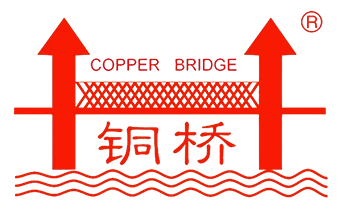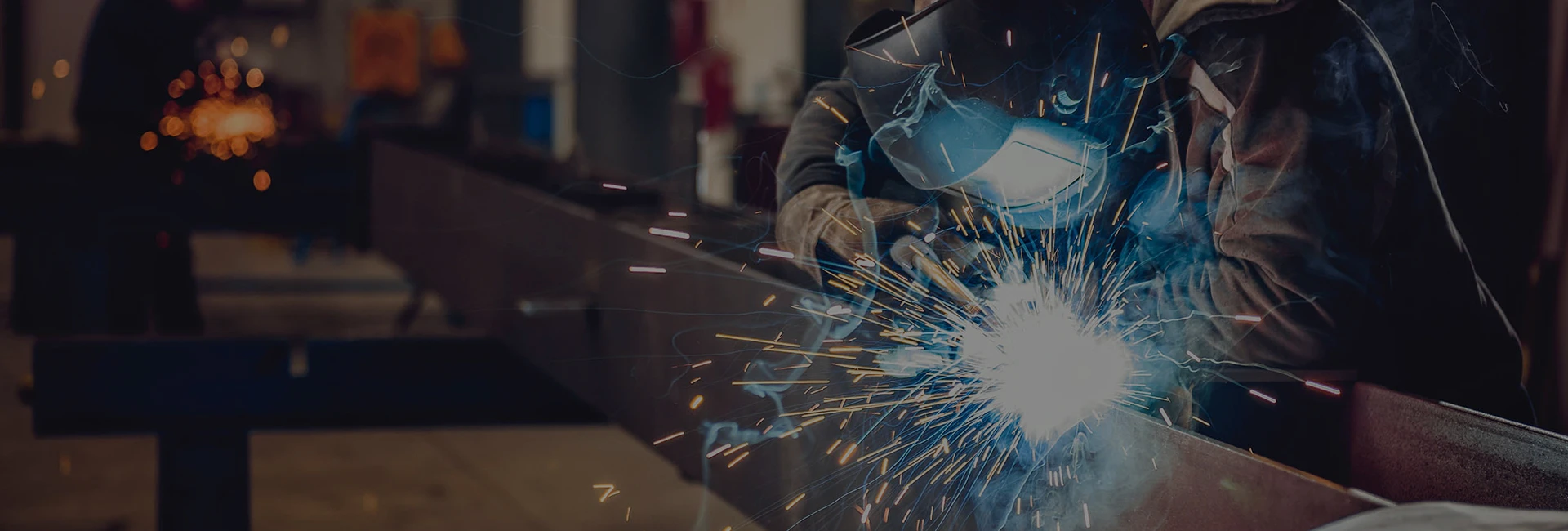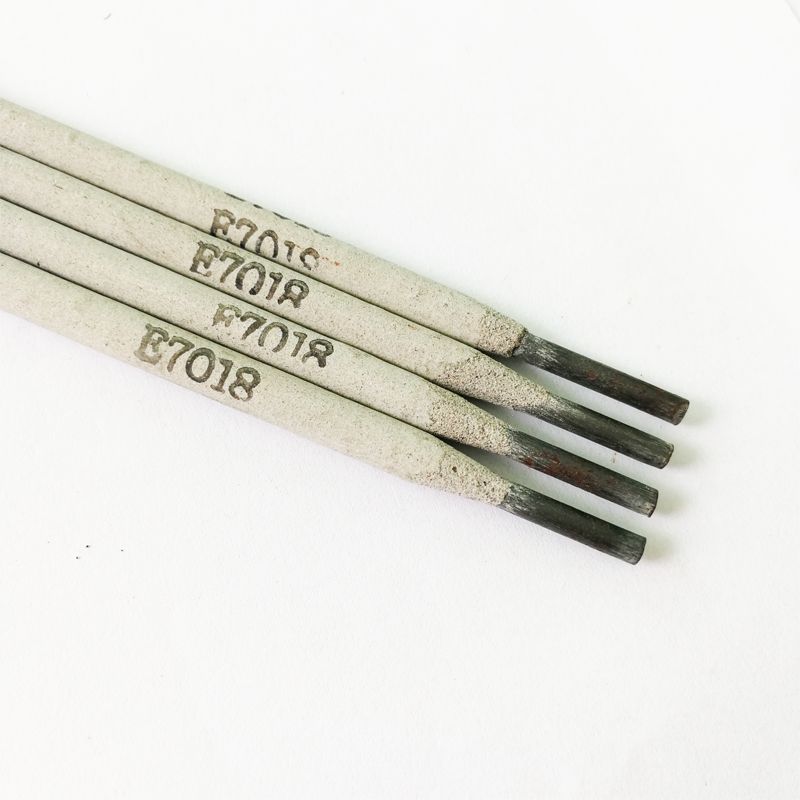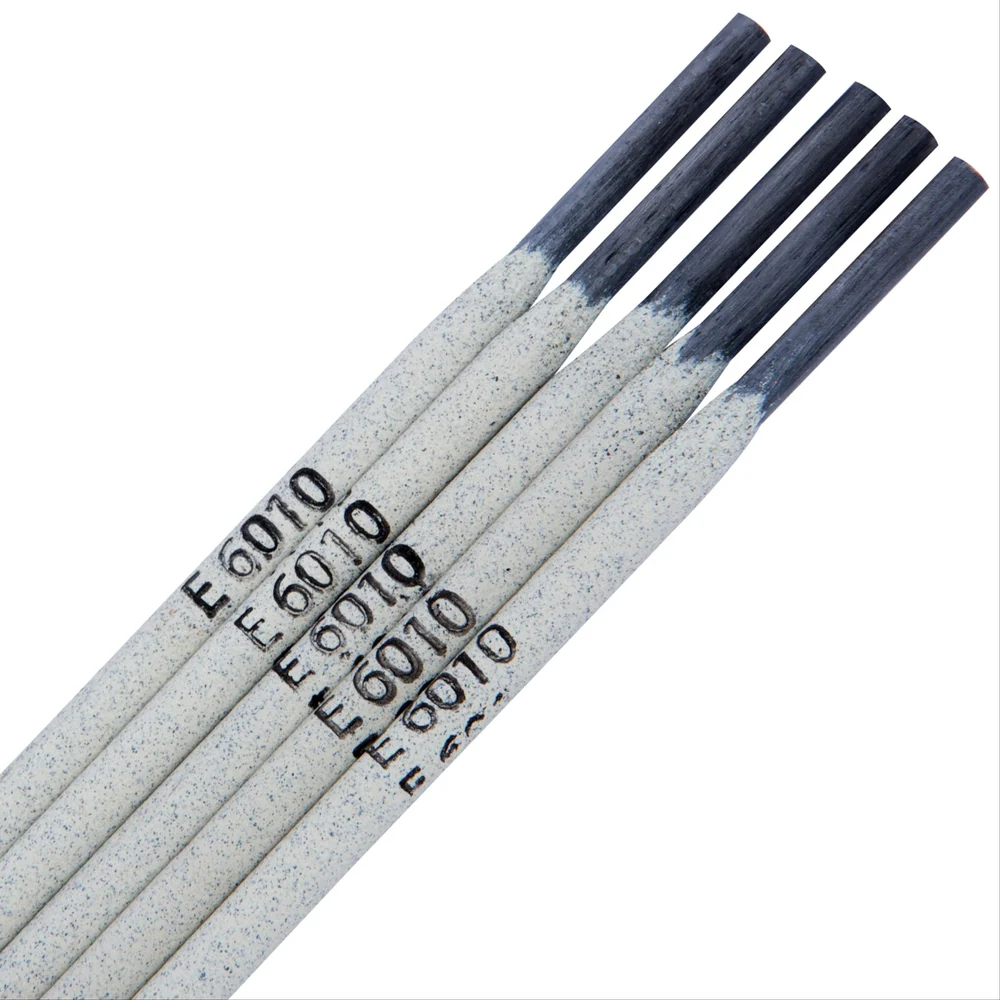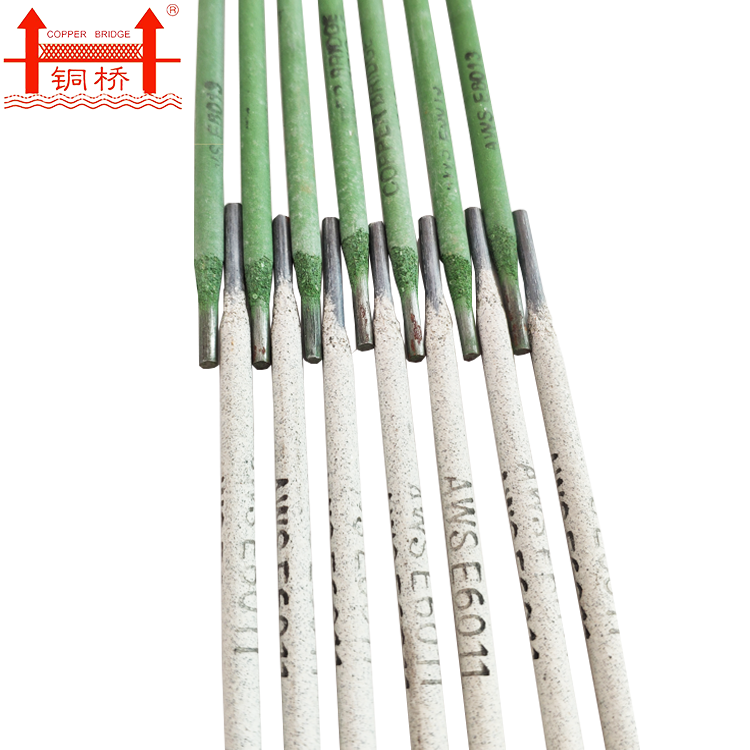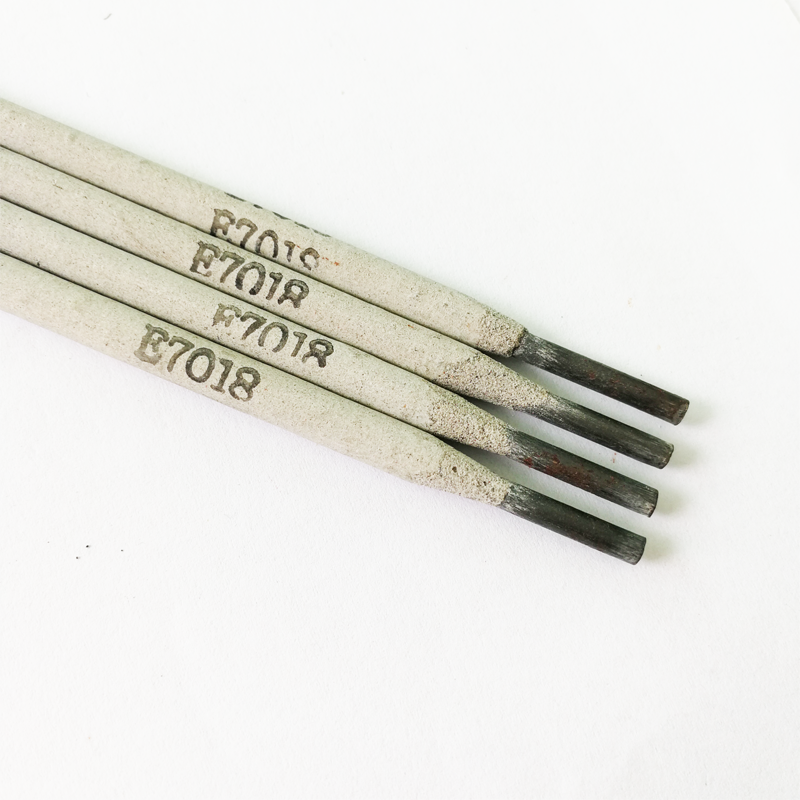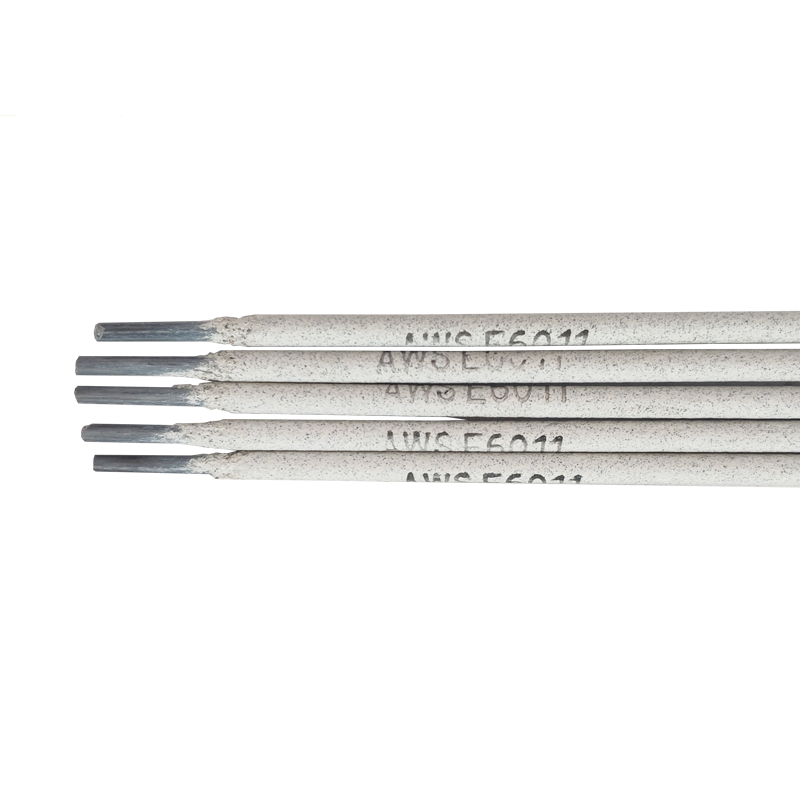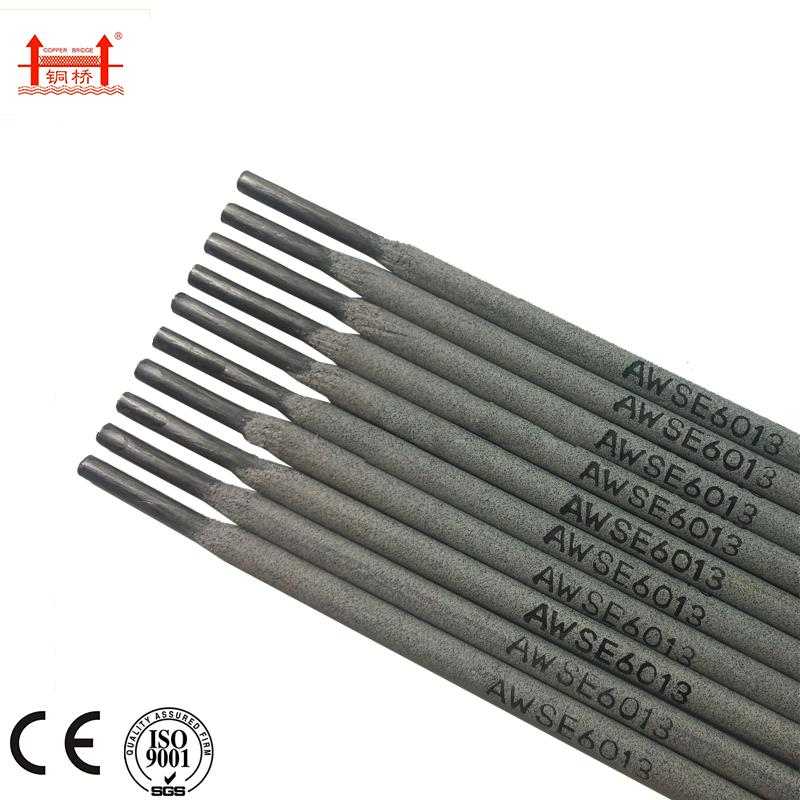Carbon steel electrodes are consumable electrodes specifically designed for welding carbon steel and low-alloy steel materials. These electrodes are widely used in Shielded Metal Arc Welding (SMAW), commonly known as stick welding, where the electrode serves both as a conductor of electric current to create the arc and as a filler material to join metals. Carbon steel electrodes are one of the most common types due to their versatility, affordability, and effectiveness in welding structural steels and components across various industries. They are widely used in construction, manufacturing, pipeline welding, shipbuilding, and automotive repair. For instance, carbon steel electrodes are employed in fabricating bridges, buildings, pressure vessels, and pipelines where strength and durability are essential.These electrodes come in various classifications, such as E6010, E6011, E6013, E7018, and more, each designated by specific properties like tensile strength, position capability, and flux composition. For example, the E7018 electrode is a low-hydrogen rod often used for structural welding, while the E6010 electrode is ideal for deep penetration in pipeline and fieldwork.
What Are The Key Features And Benefits Of Carbon Steel Electrodes?
Carbon steel electrodes offer a range of features and benefits that make them a preferred choice for welding carbon steels. One of their primary features is their versatility. They can be used for welding a wide range of carbon steel materials, including low-alloy steels, which makes them suitable for diverse industries such as construction, automotive, shipbuilding, and pipelines.
Another key feature is their compatibility with different welding positions. Carbon steel electrodes like E6010, E6011, and E7018 are designed to support flat, vertical, overhead, and horizontal welding, offering welders greater flexibility when working on challenging joints and projects. These electrodes also come in a variety of coatings, such as rutile, cellulose, and low-hydrogen coatings, which provide additional benefits like improved slag removal, arc stability, and reduced spatter.
The benefits of carbon steel electrodes include strong weld strength and excellent mechanical properties. For instance, electrodes like E7018 deliver high tensile strength (70,000 psi) and low hydrogen levels, making them ideal for critical structural applications where weld toughness is essential. Additionally, carbon steel electrodes are often cost-effective compared to other welding materials, providing high-quality results without significant expense.
Moreover, these electrodes are suitable for use with both AC and DC power sources, ensuring compatibility with different welding machines. Their ability to produce smooth, clean welds with minimal defects, such as porosity or cracking, enhances productivity and reduces the need for rework. Overall, carbon steel electrodes provide reliable performance, consistent weld quality, and durability, making them indispensable for both industrial and repair welding applications.
What Are The Differences Between E6010, E6011, And E7018 Carbon Steel Electrodes?
The E6010, E6011, and E7018 carbon steel electrodes are three of the most commonly used electrodes, but they differ in their properties, applications, and performance.
E6010 electrodes are cellulose-coated and designed for deep penetration with a forceful arc. They are primarily used for pipe welding and fieldwork where strong, high-penetration welds are required. These electrodes work exclusively with DC power sources and are ideal for vertical and overhead positions. Their aggressive arc allows them to cut through contaminants like rust, oil, or dirt, making them suitable for outdoor or on-site applications. However, they produce a fast-freezing slag, which can be harder to remove.
E6011 electrodes are similar to E6010 but have a key difference: they are compatible with both AC and DC power sources. This makes them more versatile for welders using AC machines, especially in areas where DC equipment is not available. Like the E6010, the E6011 provides deep penetration and is often used for repairs, fabrication, and general-purpose welding where versatility is required.
E7018 electrodes, on the other hand, are low-hydrogen rods designed to produce strong, ductile welds with excellent crack resistance. They provide a smooth, stable arc and produce a thick, easily removable slag. E7018 electrodes are commonly used for structural welding, pressure vessels, and heavy fabrication projects where high strength and toughness are critical. They work well in all positions and require a DC or AC power source.


